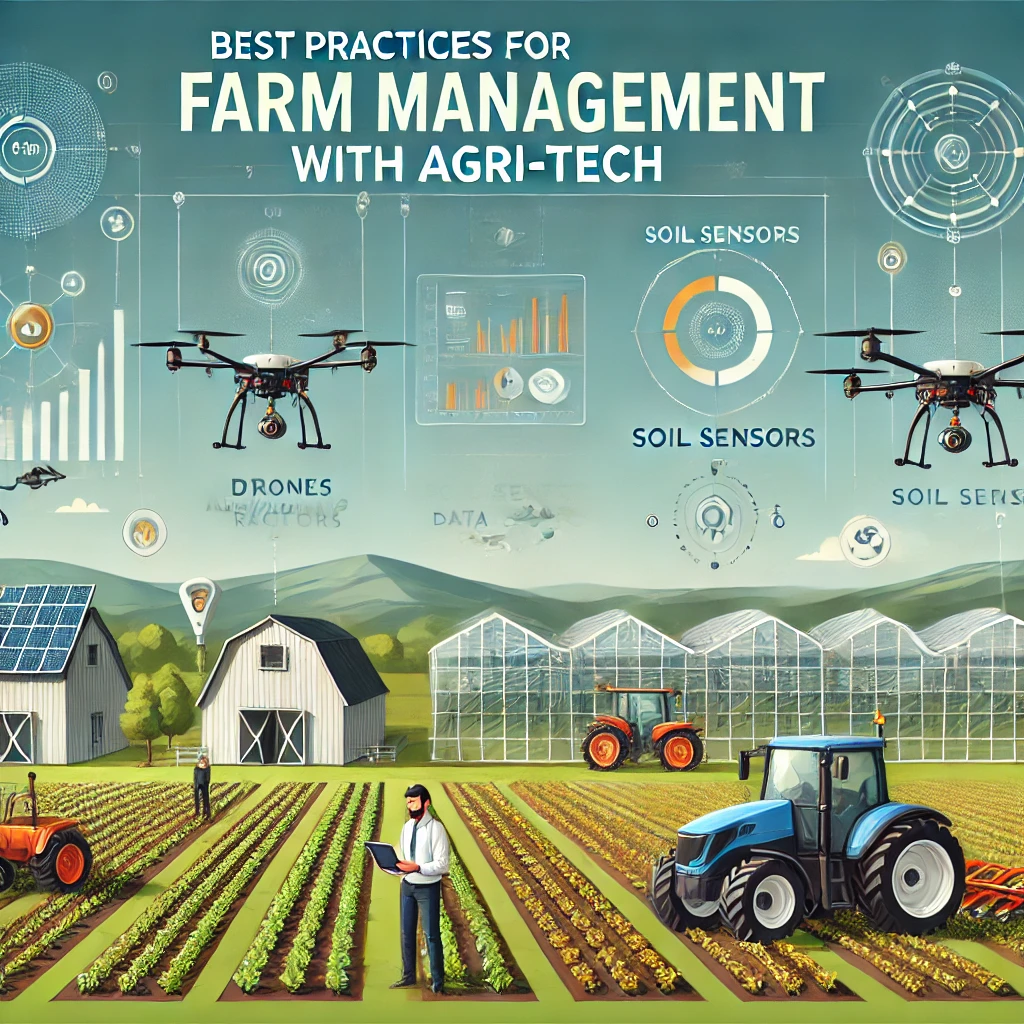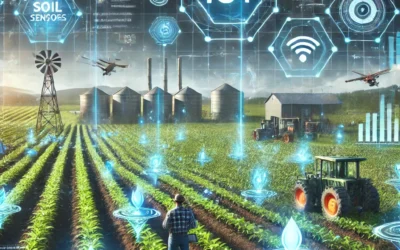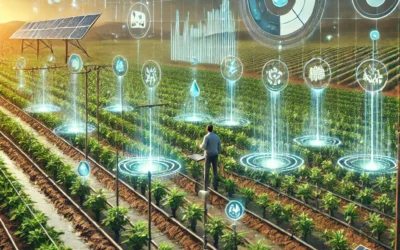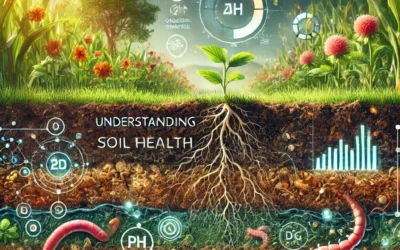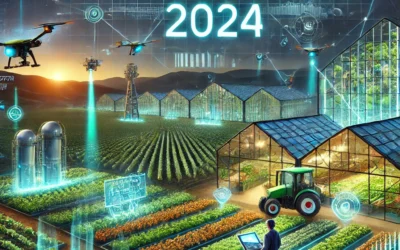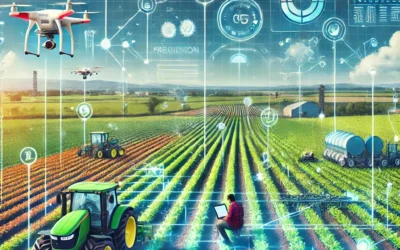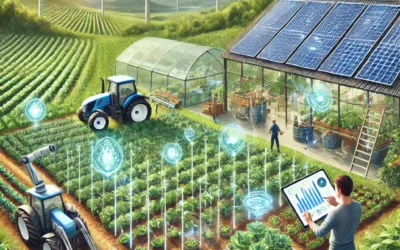Farm management is becoming increasingly complex, with farmers having to balance productivity, sustainability, and profitability. Agri-tech, or agricultural technology, offers a solution by helping farmers optimize their operations, reduce waste, and increase yields. From automated machinery to data-driven decision-making tools, agri-tech is revolutionizing the way farms are managed. In this article, we will explore best practices for farm management with agri-tech.
1. Data-Driven Decision Making
One of the most significant benefits of agri-tech is the ability to collect and analyze data to make informed decisions. Whether it’s soil health, crop performance, or weather patterns, agri-tech tools provide farmers with real-time insights that help them optimize their operations. Farmers can use this data to decide when to plant, how much water to apply, and when to harvest, reducing guesswork and improving efficiency.
To get the most out of agri-tech, it’s essential to regularly monitor and analyze data. Many software platforms provide dashboards that display key performance indicators, making it easy to track progress and identify areas for improvement. By adopting a data-driven approach, farmers can make precise adjustments that lead to better results.
2. Automated Machinery
Automation is a key component of modern farm management, allowing farmers to streamline labor-intensive tasks. Automated tractors, harvesters, and irrigation systems can work around the clock, reducing the need for manual labor and increasing productivity. These machines are also more precise, reducing waste and ensuring that resources like water and fertilizers are applied efficiently.
When implementing automated machinery, it’s important to ensure that the equipment is properly maintained and calibrated. Regular maintenance checks can prevent breakdowns and extend the lifespan of the machines. Additionally, training workers on how to use automated systems can help avoid errors and maximize efficiency.
3. Integrating IoT Devices
The Internet of Things (IoT) is playing a transformative role in agriculture, with connected devices providing real-time data on everything from soil moisture levels to livestock health. IoT devices, such as weather stations, soil sensors, and drones, collect data that can be used to improve decision-making and increase productivity.
One best practice is to integrate IoT devices with farm management software to centralize data collection. This allows farmers to view all their data in one place and make more informed decisions. For example, soil sensors can trigger irrigation systems to water crops only when needed, reducing water waste and improving crop health. Similarly, drones can monitor crop health from the air, allowing farmers to spot issues early.
4. Sustainable Farming Practices
Sustainability is becoming increasingly important in farm management, and agri-tech can help farmers implement sustainable practices. For example, precision agriculture technologies, such as variable rate application (VRA), allow farmers to apply fertilizers and pesticides only where needed, reducing the environmental impact of farming. Smart irrigation systems conserve water, and automated machinery reduces the need for chemical inputs.
Farmers can also use data analytics to identify areas of their operations where they can reduce their carbon footprint. This might involve switching to renewable energy sources, such as solar power, or adopting regenerative farming practices, such as crop rotation and cover cropping, to improve soil health and sequester carbon.
5. Training and Adaptation
While agri-tech offers many benefits, it is essential for farmers and their teams to be trained on how to use new technologies effectively. Investing in employee training can ensure that the farm maximizes the benefits of agri-tech tools. Additionally, as new technologies are continually being developed, farmers must stay up to date with the latest advancements and adapt their practices accordingly.
Farmers should also seek out partnerships with agri-tech companies and research institutions to stay informed about the latest trends and innovations. These partnerships can provide valuable insights and support, helping farmers adopt new technologies that can improve efficiency and profitability.
Conclusion
Agri-tech is revolutionizing farm management, providing farmers with the tools they need to optimize operations, increase productivity, and improve sustainability. By adopting best practices such as data-driven decision-making, automated machinery, IoT integration, and sustainable farming, farmers can maximize the benefits of agri-tech and ensure long-term success. As the agricultural industry continues to evolve, staying informed and adaptable will be key to thriving in the future.

